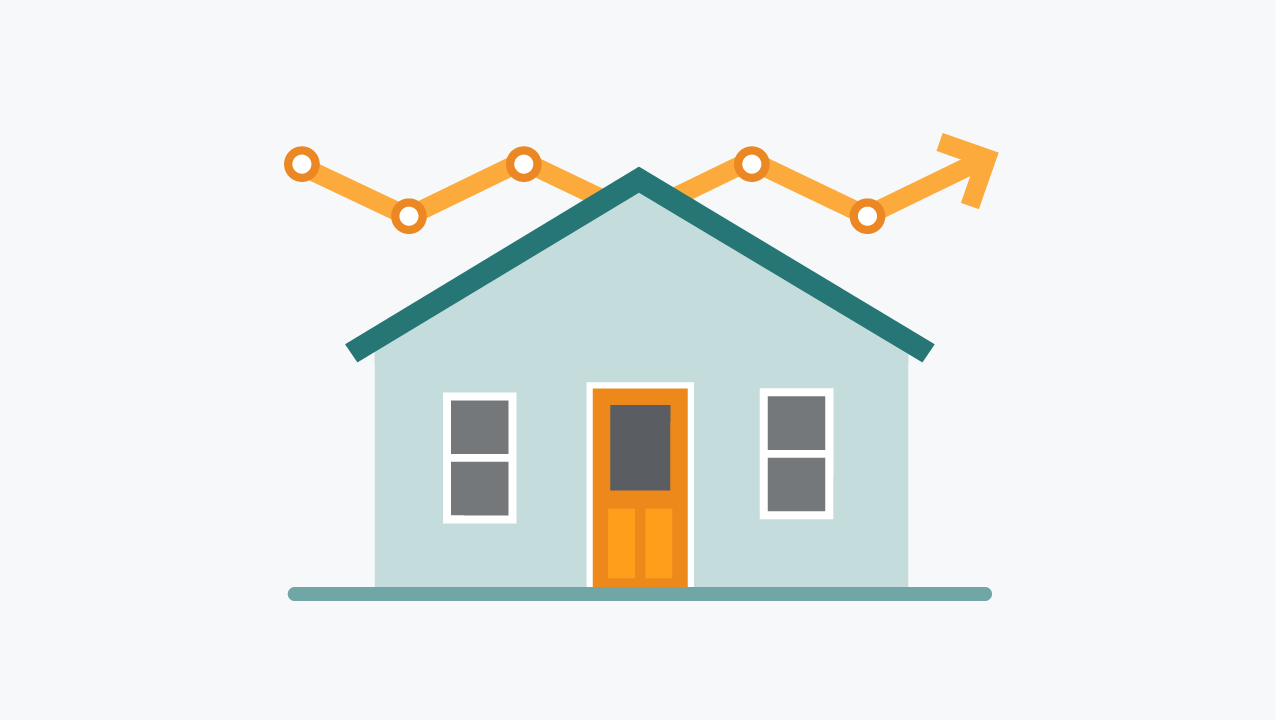Building a brighter future by saving at tax time
Building and retaining savings is important because it provides a financial foundation on which to plan for the future.
We study how consumers interact with financial products and services to help identify potential problems in the marketplace and achieve better outcomes for all. Review our reports and analyses to help inform your decisions, policies, and practices. And, see reports that we periodically prepare about the CFPB.
This Bureau Data Point article describes 2020 mortgage market activity and trends using data reported under the Home Mortgage Disclosure Act (HMDA).
